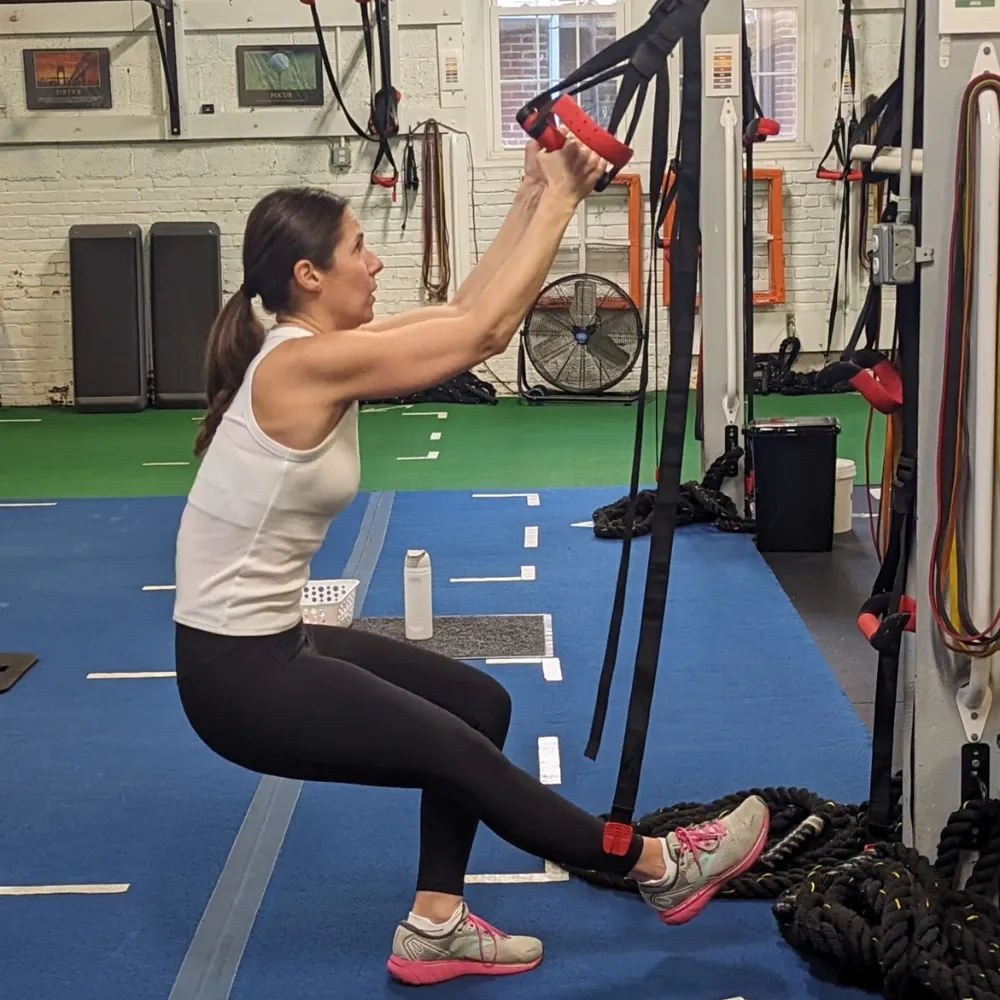PERSONAL TRAINING BLOG

Eating for Health: Basic Nutrition Tips for the Average Person by Ultimate Wellness
Eating for Health: Basic Nutrition Tips for the Average Person by Ultimate Wellness

Hello, health enthusiasts! Welcome to the Ultimate Wellness blog, where we bring you the latest in wellness, fitness, and nutrition. Today, we’re diving deep into a topic that’s central to our lives yet is often surrounded by misinformation: nutrition. With the plethora of diets and nutritional philosophies floating around, it can be hard to know what’s right. Ultimate Wellness is here to break it down for the average person, focusing on simple, actionable steps to ensure you’re eating for health!
1. Balance is Key
Instead of sticking to a restrictive diet, aim for a balanced plate. What does this look like? A good rule of thumb is:
50% vegetables and fruits: These should be colorful and varied, ensuring you get a range of vitamins and minerals.
25% proteins: Think lean meats, fish, eggs, legumes, and dairy or plant-based alternatives.
25% whole grains or complex carbs: This includes brown rice, quinoa, barley, whole wheat pasta, and more.
2. Listen to Your Body
Calorie counting can be tedious and is often unnecessary for the average person. Instead, focus on how you feel. Are you hungry? Eat. Are you full? Stop eating. This might sound overly simplistic, but our bodies have evolved over millennia to signal what they need.
3. Hydration is More Important Than You Think
The majority of us are guilty of dehydration. But did you know that even mild dehydration can affect mood, energy levels, and cognitive function? Ultimate Wellness recommends drinking at least 8 cups (about 2 liters) of water daily, but this might vary based on individual needs. Keep a reusable water bottle handy to ensure you’re sipping throughout the day.
4. Limit Processed Foods
While it’s okay to indulge occasionally, a diet high in processed foods can be detrimental to our health. These foods frequently contain large amounts of salt, sugar, and bad fats. Instead, focus on whole foods: fruits, vegetables, lean proteins, and whole grains. Not only are these more nutrient-dense, but they also keep us satiated longer.
5. Understand ‘Good’ Fats vs. ‘Bad’ Fats
Not all fats are created equal. Monounsaturated and polyunsaturated fats (found in nuts, seeds, fish, and avocados) are beneficial for our health. These fats can lower bad cholesterol levels and are linked to reduced risk of heart disease. On the other hand, trans fats (often found in processed foods) are detrimental and should be avoided.
6. Don’t Fear Carbs
Thanks to popular diets, carbs have been villainized. But for the average person, they’re a vital energy source. The key is choosing the right kind. Instead of refined carbs like white bread and pastries, focus on whole grains, which provide sustained energy and are packed with nutrients.
7. Moderation in Alcohol and Caffeine
While a glass of wine or a cup of coffee can be enjoyed as part of a healthy lifestyle, moderation is key. Excessive alcohol or caffeine can interfere with sleep and have other negative health impacts.
8. Vitamins and Supplements
Before starting any supplement regimen, it's crucial to talk to a healthcare professional. However, certain groups might benefit from specific supplements – like Vitamin D for those living in sun-deprived areas or B12 for vegetarians and vegans.

9. Mindful Eating
It is simple to eat mindlessly in our fast-paced society. But taking the time to truly savor and enjoy our food can make a significant difference in our eating habits. It can prevent overeating and improve digestion.
10. Seek Professional Guidance
Lastly, everyone’s nutritional needs are unique. At Ultimate Wellness, we offer personalized nutrition consultations to guide you on your health journey. With our expertise, you can feel confident you’re getting the best advice tailored to you.
Stay nourished, stay well!


ARE YOU READY TO INVEST IN YOUR HEALTH AND HAVE A BLAST AT ULTIMATE WELLNESS?!?!
IF SO, CLICK THE LINK BELOW TO LEARN MORE
15 B SOUTH EAGLE ROAD, HAVERTOWN, PENNSYLVANIA 19083
15 B SOUTH EAGLE ROAD,
HAVERTOWN, PENNSYLVANIA 19083
© 2026 Ultimate Wellness
|
|
© 2026 Ultimate Wellness

